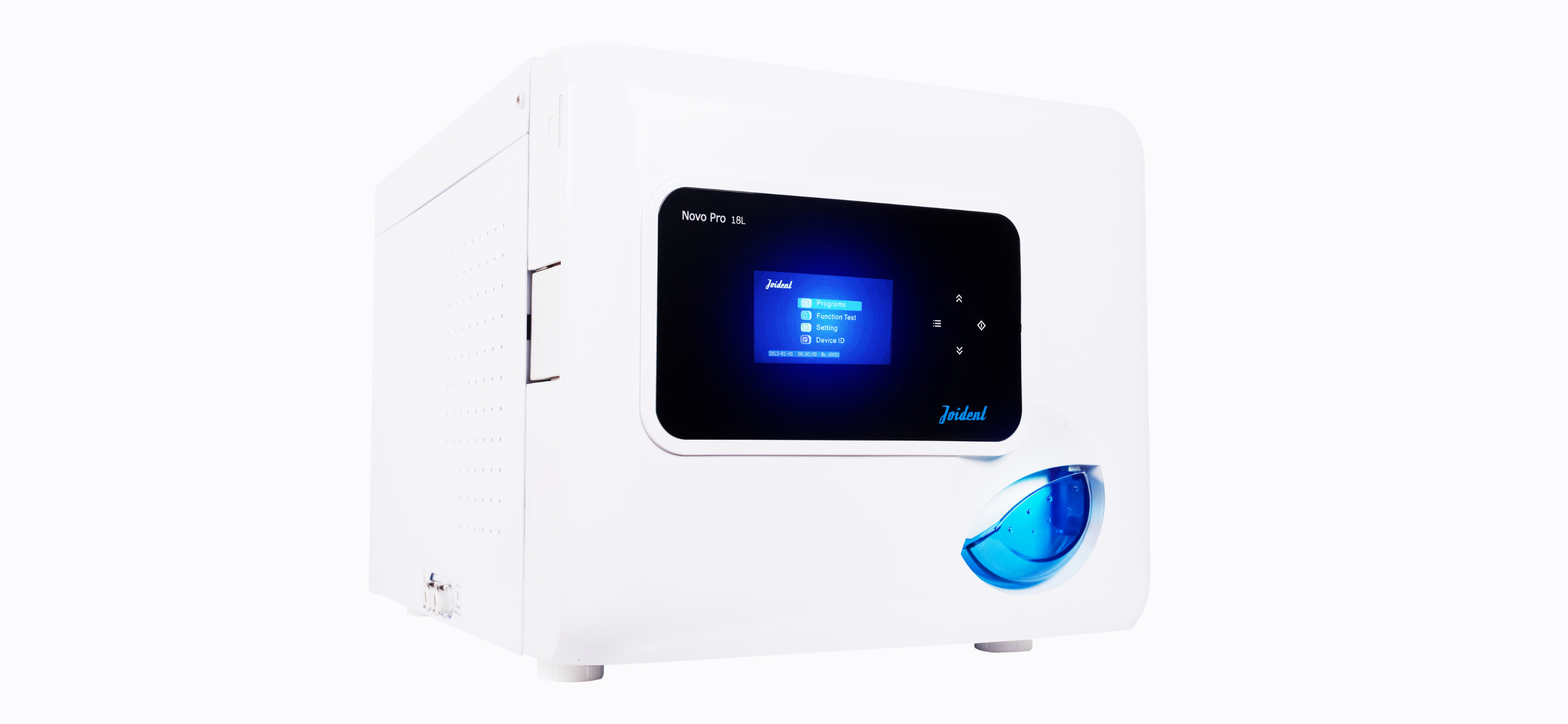Veterinary
Steam sterilizers are indispensable tools in the veterinary industry for effectively sterilizing surgical instruments, equipment, dressings and other related items. They guarantee safe treatment and surgical procedures, prevent the risk of infection, preserve animal health and help veterinary clinics and hospitals comply with rigorous hygiene standards.

Surgical instrument sterilization
Instruments used in veterinary surgery (such as scalpels, scissors, forceps, suture needles, etc.) must be sterilized before each use. The steam sterilizer can effectively eliminate bacteria, viruses, fungi and spores using high-temperature, high-pressure steam, guaranteeing the sterility of surgical instruments and preventing animal infections during surgery.
Dressings and bandages sterilization
Gauze, bandages, surgical gowns, surgical caps and other dressings and bandaging materials used in veterinary surgery and treatment must be sterilized before use. Steam sterilizers ensure that these materials do not introduce pathogens when they come into contact with animal wounds, reducing the risk of infection.
Reusable equipment sterilization
Certain medical equipment used in veterinary clinics and hospitals (such as syringes, catheters, drug dispensers, etc.) must be carefully sterilized before each use. Steam sterilizers guarantee the sterility of these devices during use, and prevent cross-infection between animals.
Surgical instrument boxes and storage material sterilization
Veterinary surgical instruments are generally stored in specialized cases or trays. These storage devices need to be sterilized before use to ensure that surgical instruments remain sterile when accessed. Steam sterilizers can be used to sterilize these containers, reducing the risk of contamination.
Laboratory supplies sterilization
In veterinary laboratories, experimental instruments, culture media, test tubes, Petri dishes, etc. must also be sterilized. The steam sterilizer enables these items to be effectively sterilized to avoid external contamination during the experimental process, thus guaranteeing the accuracy and reliability of experimental results.
Biological waste sterilization
Biological waste generated during veterinary procedures and treatments (such as used dressings, surgical instruments, laboratory samples, etc.) must be sterilized before disposal. Steam sterilizers effectively sterilize such waste, ensuring that it poses no biological risk to the environment or personnel during handling and disposal.
Vaccine and pharmaceutical sterilization
Some vaccines or medicines prepared by a veterinarian need to be sterilized to prevent the introduction of infections during use. Steam sterilizers can be used to sterilize these liquid preparations so that they can be applied safely.
Respect of industry hygiene norms
Veterinary industry has strict hygiene and safety standards, particularly when dealing with high-risk animals or infectious diseases. Using a steam sterilizer ensures that all medical equipment and materials meet sterility requirements, helping veterinary clinics and hospitals to comply with these regulations and safeguard the health and safety of animals and staff.
